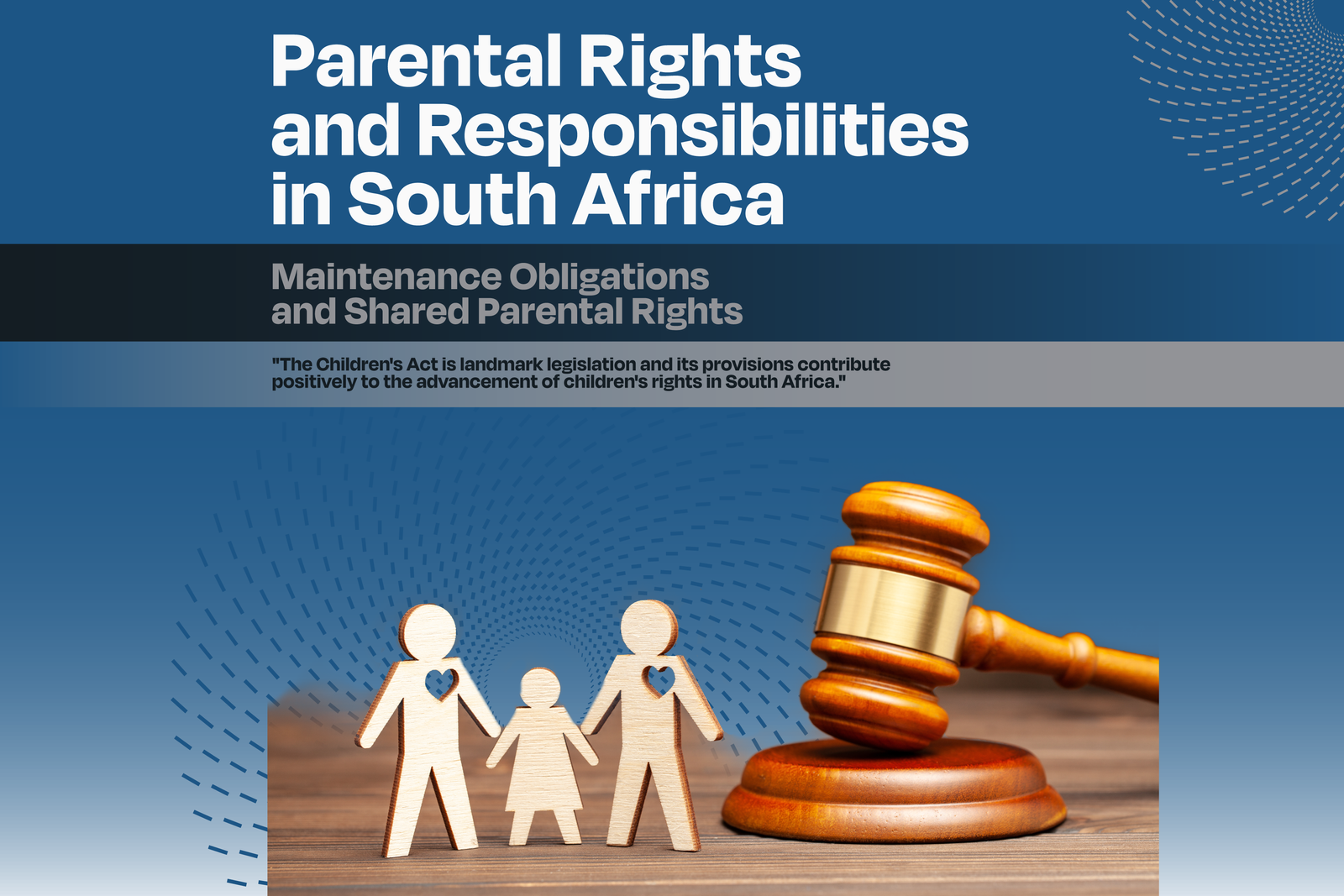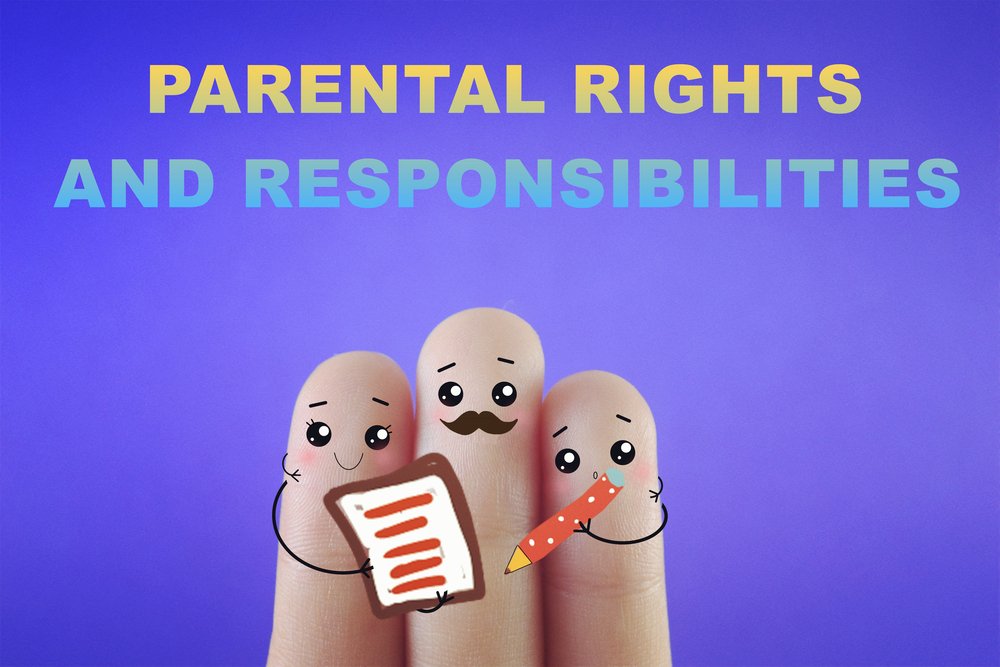Parental rights and responsibilities are fundamental aspects of family law, ensuring that both fathers and mothers play crucial roles in their children’s lives. Understanding these legal considerations helps parents navigate custody, support, and decision-making processes effectively. This guide outlines key aspects of parental rights and responsibilities for both parents.

Understanding Parental Rights
Parental rights refer to the legal entitlements and privileges that parents have regarding their children. These rights include custody, visitation, and decision-making authority.
Custody Rights
Legal Custody
To begin with, legal custody grants a parent the authority to make significant decisions about the child’s life, including education, healthcare, and religious upbringing. Legal custody can be:
- Joint Legal Custody: Both parents share decision-making responsibilities.
- Sole Legal Custody: One parent has the exclusive right to make decisions.
Physical Custody
Physical custody refers to where the child lives and the day-to-day care provided. Thus physical custody can be:
- Joint Physical Custody: The child spends significant time with both parents.
- Sole Physical Custody: The child lives primarily with one parent, with visitation rights for the other.
Visitation Rights
Visitation rights, also known as parenting time, allow the non-custodial parent to spend time with their child. Moreover, visitation schedules are often detailed in custody agreements and can be:
- Scheduled Visitation: Specific dates and times for visitation.
- Reasonable Visitation: Flexible visitation based on mutual agreement.
- Supervised Visitation: Visits occur in the presence of a third party, often required in cases of safety concerns.
Understanding Parental Responsibilities
Parental responsibilities encompass the duties and obligations parents have towards their children, ensuring their well-being and development.
Child Support
Child support is a financial obligation paid by the non-custodial parent to the custodial parent to contribute to the child’s expenses. This includes:
- Basic Needs: Food, clothing, and shelter.
- Education: School fees, supplies, and extracurricular activities.
- Healthcare: Medical, dental, and psychological care.
Child support amounts are determined based on state guidelines, considering both parents’ incomes and the child’s needs.
Decision-Making Responsibilities
Parents are responsible for making decisions that affect their child’s welfare. This includes:
- Education: Choosing schools, educational programs, and extracurricular activities.
- Healthcare: Making medical decisions, selecting healthcare providers, and ensuring regular check-ups.
- Religious Upbringing: Deciding on religious practices and involvement in religious communities.
Legal Considerations for Fathers and Mothers
Establishing Paternity
For fathers, establishing paternity is crucial for securing parental rights and responsibilities. Paternity can be established through:
- Voluntary Acknowledgment: Both parents sign a legal document acknowledging paternity.
- Court Order: A legal determination of paternity, often involving DNA testing.
Custody and Visitation Agreements
Custody and visitation agreements outline the terms of physical and legal custody, as well as visitation schedules. These agreements can be reached through:
- Mutual Agreement: Parents negotiate and agree on terms.
- Mediation: A neutral third party helps parents reach an agreement.
- Court Order: A judge decides the terms if parents cannot agree.
Modifying Custody and Support Orders
Custody and support orders can be modified if there are significant changes in circumstances, such as:
- Change in Income: Significant increase or decrease in either parent’s income.
- Relocation: One parent moves to a different location, impacting visitation schedules.
- Child’s Needs: Changes in the child’s needs, such as medical or educational requirements.
Enforcing Custody and Support Orders
If one parent fails to comply with custody or support orders, legal enforcement options include:
- Contempt of Court: Filing a motion to hold the non-compliant parent in contempt.
- Wage Garnishment: Directing the non-compliant parent’s employer to withhold child support from their wages.
- Visitation Enforcement: Seeking court intervention to enforce visitation rights.
Conclusion
Parental rights and responsibilities are essential for ensuring the best interests of the child. Both fathers and mothers play vital roles in their children’s lives, and understanding the legal considerations helps navigate custody, support, and decision-making processes effectively. By establishing paternity, creating custody and visitation agreements, and fulfilling parental responsibilities, parents can provide a stable and supportive environment for their children. Seeking legal guidance and support can further ensure that all legal aspects are addressed and upheld.










